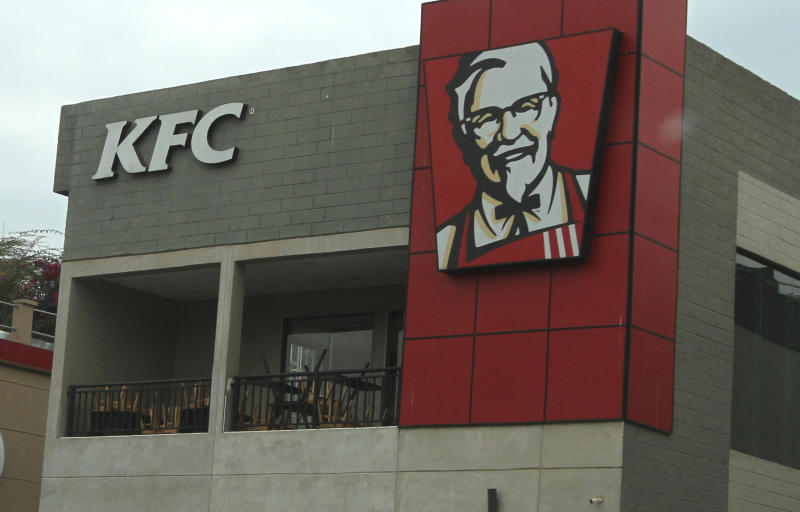×
The Standard e-Paper
Stay Informed, Even Offline

KFC fast food eatery joint in Lavington, Nairobi. [Elvis Ogina, Standard]
The vast preponderance of Kenyans who feel slighted by international food chain KFC’s decision to buy potatoes from Egypt is amusing. More so when one considers that Kenya is becoming increasingly reliant on imports for its food needs.